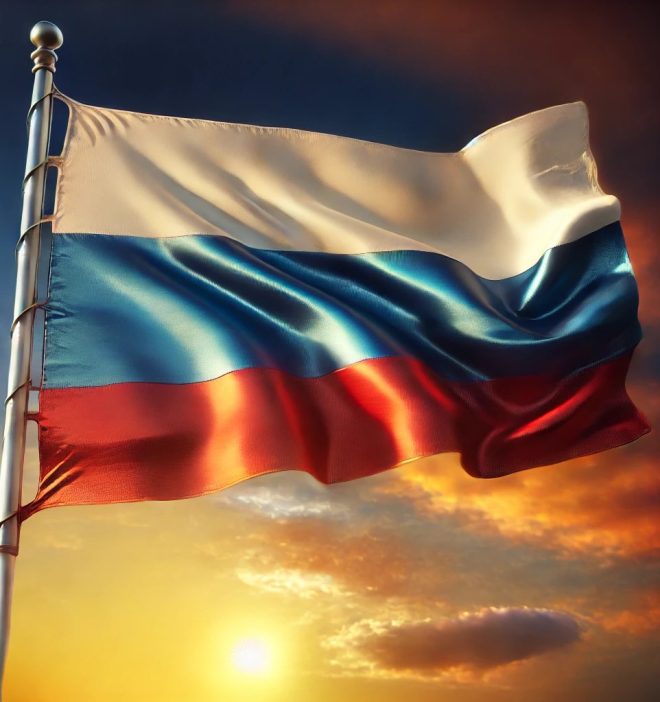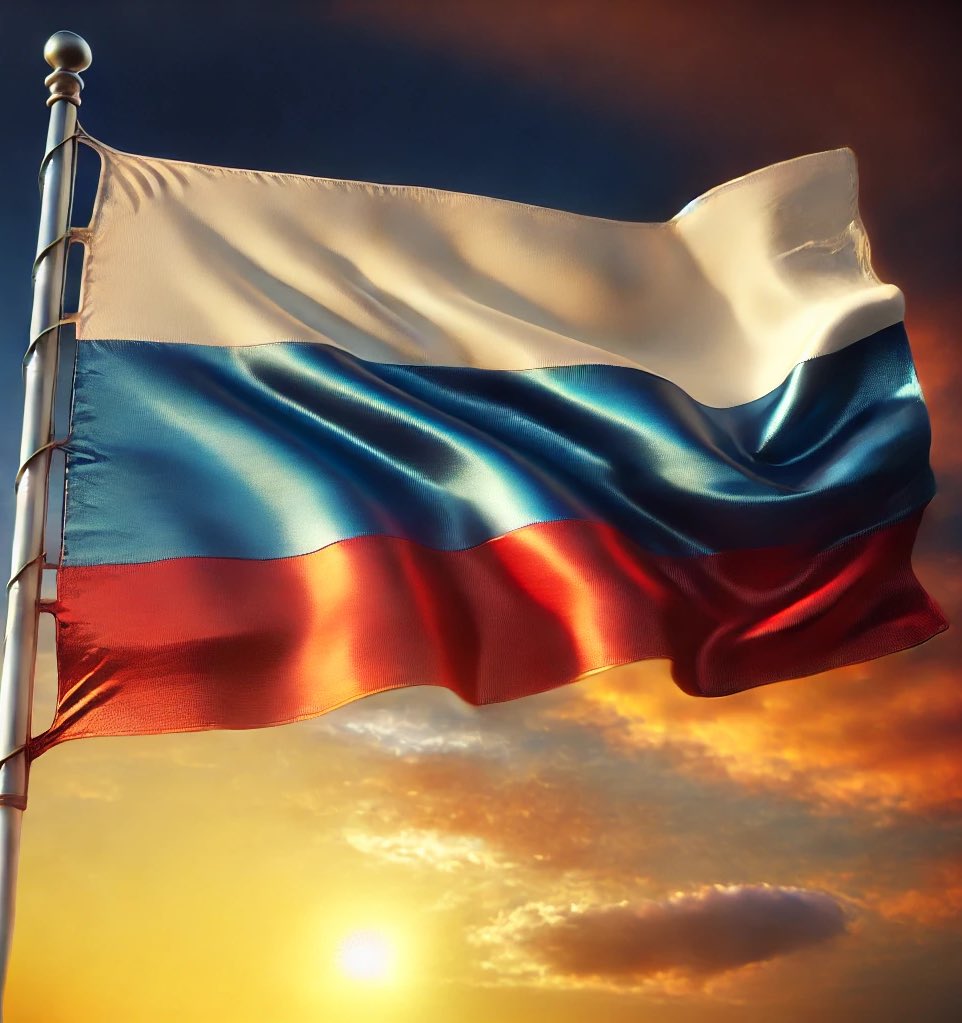
Russia Expresses Concern Over Civilian Casualties in Gaza Amid Israeli Strikes
In a recent development that has caught global attention, Russia has voiced its concerns regarding the escalating situation in Gaza following Israeli airstrikes. The statement issued by Russian officials highlights the alarming possibility of "major civilian casualties" as a result of these military actions. This situation is being monitored closely by Russian authorities, indicating a heightened awareness and potential diplomatic engagement regarding the conflict.
Context of the Situation
The conflict between Israel and Gaza has been a longstanding issue characterized by cycles of violence and attempts at peace negotiations. The current escalation appears to have triggered a significant response from various international actors, including Russia, which historically plays a role in Middle Eastern diplomacy. The concern raised by Russian officials underscores the gravity of the situation, as civilian casualties can lead to widespread humanitarian crises and international condemnation.
Implications of Civilian Casualties
Civilian casualties in conflict zones are not merely statistics; they represent human lives lost and the potential for further escalation of violence. International law, particularly the Geneva Conventions, emphasizes the protection of civilians during armed conflicts. The acknowledgment of potential civilian casualties by Russia could be seen as a call for restraint on both sides and a reminder of the moral and legal obligations to protect non-combatants.
Russia’s Position in Middle Eastern Diplomacy
Russia has increasingly positioned itself as a key player in Middle Eastern politics, often acting as a mediator in conflicts involving Israel and Palestine. The Kremlin’s concerns regarding civilian casualties may also reflect its broader strategy to maintain influence in the region. By expressing concern, Russia may aim to strengthen its diplomatic ties with Arab states and enhance its role as a peace broker, contrasting its position with that of the United States, which has traditionally been a staunch ally of Israel.
- YOU MAY ALSO LIKE TO WATCH THIS TRENDING STORY ON YOUTUBE. Waverly Hills Hospital's Horror Story: The Most Haunted Room 502
Monitoring the Situation
The statement from Russian officials that they are "monitoring the situation very closely" suggests a proactive approach to diplomacy. This monitoring could involve diplomatic channels, intelligence gathering, and potential engagement in international forums to address the crisis. Russia may seek to rally support from other nations concerned about the humanitarian impact of the conflict, potentially leading to a coordinated international response.
International Reactions
The reaction from various countries and international organizations to the situation in Gaza has been varied. While some nations have expressed unwavering support for Israel’s right to defend itself, others have condemned the airstrikes and called for an immediate ceasefire. Russia’s statement adds another layer to the international discourse, reflecting a growing concern for humanitarian issues amidst geopolitical strategies.
The Role of Social Media in Reporting Conflicts
The dissemination of news regarding the conflict through social media platforms, as illustrated by the tweeted statement from BRICS News, plays a crucial role in shaping public perception. Social media allows for real-time updates on conflicts, making information more accessible to a global audience. However, it also raises concerns about the accuracy and reliability of the information being shared, as narratives can be influenced by political agendas.
The Call for Restraint
As the situation evolves, calls for restraint from various international actors, including Russia, are critical. The potential for escalation into a broader conflict remains a concern, particularly given the volatile nature of the region. Diplomatic efforts aimed at de-escalation and the protection of civilians are essential to prevent further loss of life and to create a pathway toward lasting peace.
Conclusion
The recent statement from Russia regarding the situation in Gaza highlights the complex interplay of international relations, humanitarian concerns, and the ongoing conflict between Israel and Palestine. As the global community watches closely, the emphasis on civilian casualties serves as a poignant reminder of the human cost of war. The response from Russia and other nations will be crucial in shaping the future of the region and addressing the immediate humanitarian needs of those affected by the violence.
In summary, the situation in Gaza remains fluid and fraught with danger. The international community’s response, particularly from influential players like Russia, will be pivotal in addressing the conflict’s humanitarian implications and working towards a resolution that prioritizes peace and the protection of civilian lives.

JUST IN: Russia says it is concerned of “major civilian casualties” after Israel strikes Gaza.
“We are monitoring the situation very closely.” pic.twitter.com/PPkhciXJcF
— BRICS News (@BRICSinfo) March 18, 2025
JUST IN: Russia says it is concerned of “major civilian casualties” after Israel strikes Gaza
In a significant statement that’s caught the attention of the world, Russia has expressed deep concerns about the ongoing situation in Gaza. The Russian government has indicated that it is worried about “major civilian casualties” following recent airstrikes by Israel in the region. This announcement comes at a time when tensions are already high, and the humanitarian situation in Gaza is precarious. As the conflict escalates, the humanitarian implications are becoming increasingly alarming.
“We are monitoring the situation very closely.”
According to a report by BRICS News, Russia has stated, “We are monitoring the situation very closely.” This indicates a proactive stance from Russia as it seeks to navigate the complex geopolitical landscape surrounding the Israel-Gaza conflict. The statement reflects Russia’s ongoing interest in Middle Eastern affairs and its role as a player in global diplomacy.
The Humanitarian Crisis in Gaza
The recent airstrikes in Gaza have exacerbated an already dire humanitarian crisis. With thousands of civilians living in precarious conditions, the fear of escalated violence is palpable. Reports suggest that the infrastructure in Gaza is severely damaged, further complicating the delivery of essential services and humanitarian aid. Organizations like Red Cross and UN agencies have raised alarms over the ongoing humanitarian needs, stressing the importance of immediate action to alleviate the suffering of civilians caught in the crossfire.
International Reactions
The international community is closely watching these developments. Countries around the world are weighing in on the situation, with many calling for restraint from both Israel and Palestinian groups. The reaction from Russia is particularly noteworthy, as it positions itself as a mediator and a voice of concern for civilian lives. This echoes sentiments expressed previously by various international leaders and organizations who emphasize the need for a peaceful resolution to the conflict.
Israel’s Perspective
From Israel’s viewpoint, the airstrikes are often framed as necessary measures for national security, aimed at neutralizing threats from militant groups. The Israeli government has maintained that its actions are targeted at preventing attacks on its citizens. However, the collateral damage and the resultant civilian casualties have prompted widespread criticism and calls for more measured military engagement. The balance between security and humanitarian considerations is a tightrope that Israel must walk as it navigates this challenging landscape.
The Role of Social Media in Shaping Public Opinion
In today’s digital age, social media platforms play a crucial role in shaping public perception and discourse surrounding conflicts. The tweet from BRICS News, which highlighted Russia’s concerns, quickly gained traction and sparked discussions worldwide. Social media not only disseminates information rapidly but also serves as a platform for advocacy and mobilization, allowing individuals and organizations to voice their opinions and influence the narrative surrounding the conflict.
The Future of Gaza
As the situation continues to unfold, the future of Gaza remains uncertain. The need for a comprehensive peace process is more critical than ever. The international community must come together to support diplomatic efforts aimed at achieving long-lasting peace and stability in the region. Initiatives that promote dialogue, understanding, and cooperation among all parties involved are essential to avert further humanitarian disasters.
Understanding the Conflict
To fully grasp the implications of the current situation, it’s important to have a foundational understanding of the Israel-Palestine conflict. This complex historical conflict has deep roots, involving territorial disputes, cultural identities, and historical grievances. The conflict is not just a geopolitical issue but a deeply human one, affecting the lives of millions and shaping the social and political dynamics of the region.
The Importance of Human Rights
As discussions about military actions and political strategies continue, it is vital to emphasize the importance of human rights. Ensuring the protection of civilians should be a priority for all parties involved. The ongoing violence only exacerbates the suffering of innocent people, making it imperative for governments and organizations to advocate for human rights and humanitarian laws.
Calls for Peaceful Resolution
In light of the recent events, there have been renewed calls for a peaceful resolution to the Israel-Palestine conflict. Many experts argue that a two-state solution, where both Israelis and Palestinians can coexist peacefully, is essential. The international community’s role in facilitating dialogue and supporting initiatives aimed at peace cannot be overstated. The hope is that through sustained diplomatic efforts, a path forward can be forged.
Conclusion: A Time for Action
The situation in Gaza requires urgent attention and action. As we observe the unfolding developments, it is crucial for individuals, organizations, and governments to advocate for peace, support humanitarian efforts, and work towards a resolution that prioritizes the safety and well-being of all civilians. The world must come together to ensure that tragedies like the current conflict are not repeated and that the voices of those most affected are heard and addressed.
As we keep an eye on updates, let’s hope for a shift towards dialogue and understanding that can pave the way for a brighter future for both Israelis and Palestinians.
“`
This article encapsulates the current dynamics in the Israel-Gaza conflict, reflecting on Russia’s concerns about civilian casualties while emphasizing the humanitarian crisis and the need for international cooperation to attain a peaceful resolution.
